Speakers for the Trees for Climate Change, Biodiversity and People symposium
Meet our exciting line up of speakers
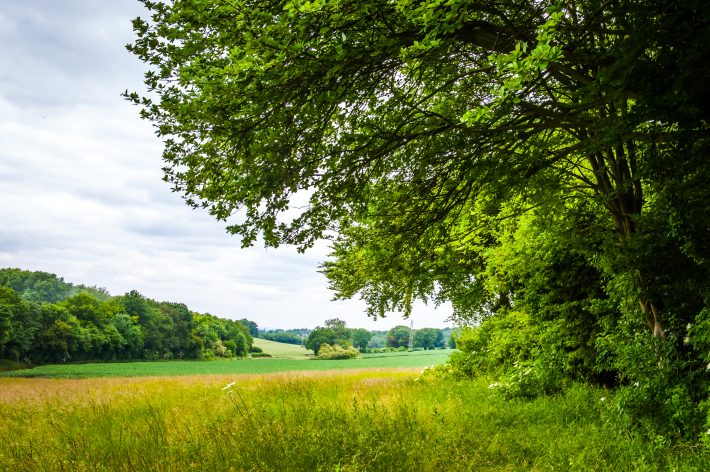
We are delighted to announce the first round of presenters invited to speak at Trees for Climate Change, Biodiversity and People.
The symposium will cover three key topics bringing together experts in climate change ecology, the social sciences, arts, and humanities as well as policy advocates and practitioners to discuss the current issues facing our treescapes. These topics are Culture, Heritage and History of Trees, Tree Health, and 30×30 and Landscape restoration.
Plenary Speakers
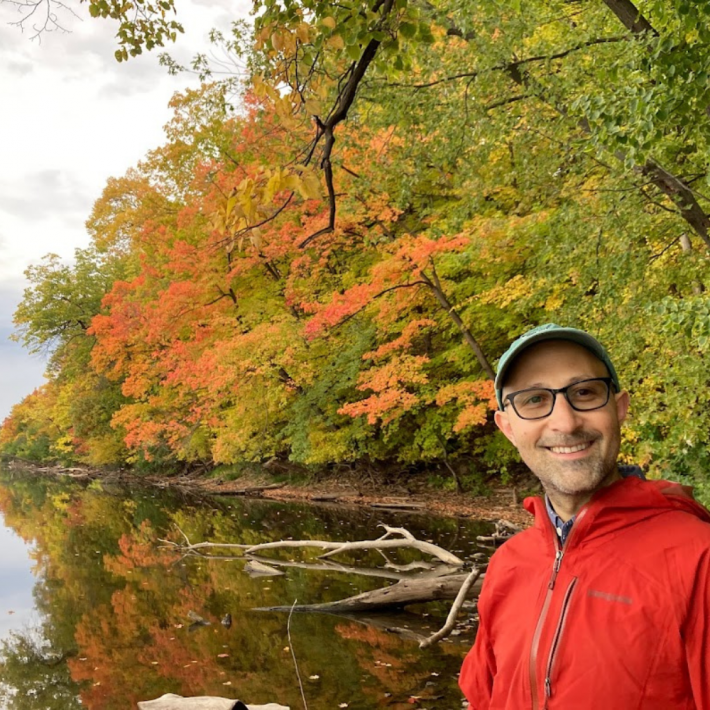
Welcome Plenary – Forrest Fleischman is an associate professor of environmental policy in the department of forest resources at the University of Minnesota. His research focuses on understanding how the interaction of citizen advocacy, scientific knowledge, and administrative processes shapes environmental policies and their outcomes. His work aims to build restoration social science as a complement to restoration ecology, examining the drivers of restoration policy and how they relate to the social and ecological outcomes of restoration. His research in India demonstrates that some large-scale restoration programs fail to achieve ecological objectives, and can have negative consequences for rural people, while his research in the US examines how science is incorporated into decision-making, as well as how citizens advocate for restoration in their own communities. His research has been published in Science, Nature, and Global Environmental Change, and has been supported by the US National Science Foundation, NASA, and the US Forest Service.
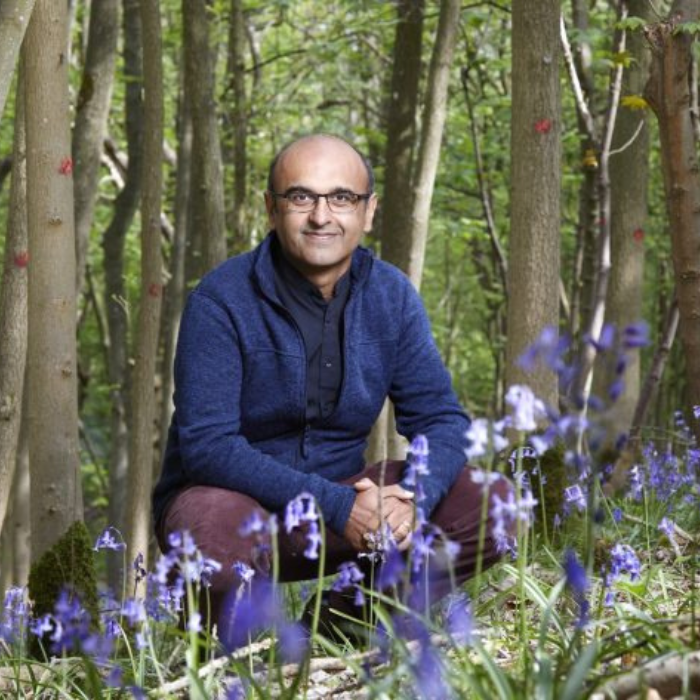
Closing Remarks – Yadvinder Malhi is Professor of Ecosystem Science at the University of Oxford, Jackson Research Fellow at Oriel College, Oxford and Director of the Leverhulme Centre for Nature Recovery. His research has focused on how the biosphere is responding to global change and feeds back on global change, with a particular focus on the tropics. He has extensive experience of working with partners in the tropics, notably in establishing a global network of intensive forest monitoring plots across tropical ecosystems, in sites ranging from the slopes of the Andes and Amazonia, the forests of Africa and Borneo, the savannas of Africa and the oceanic islands of the Indian and Pacific oceans. More broadly, he works on the challenges of maintaining a flourishing biosphere in the Anthropocene. Recently he has also focused on the challenge of how to generate nature recovery at scale in response to the ongoing decline of biodiversity. He is a Fellow of the Royal Society, where he has chaired several of its biodiversity activities, a Trustee of the National History Museum of London, sits on the Environment Council of the First Minister of Scotland, and is President of the British Ecological Society.
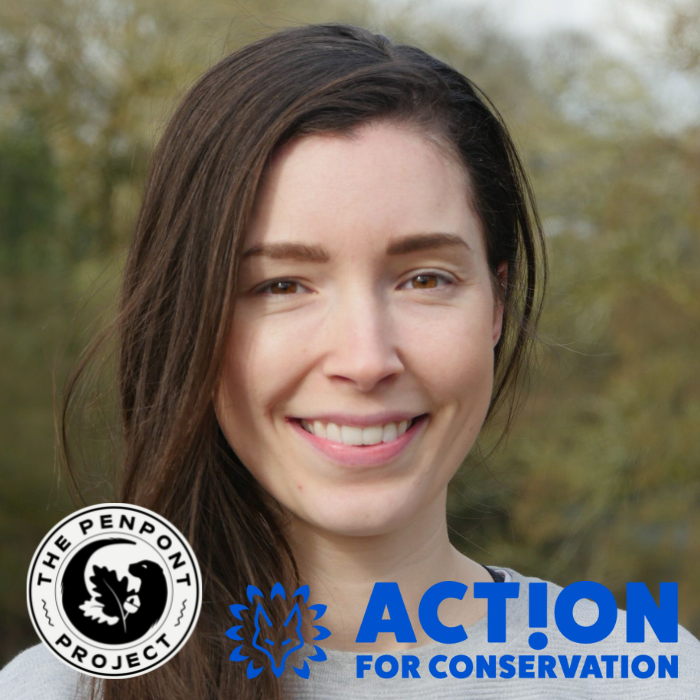
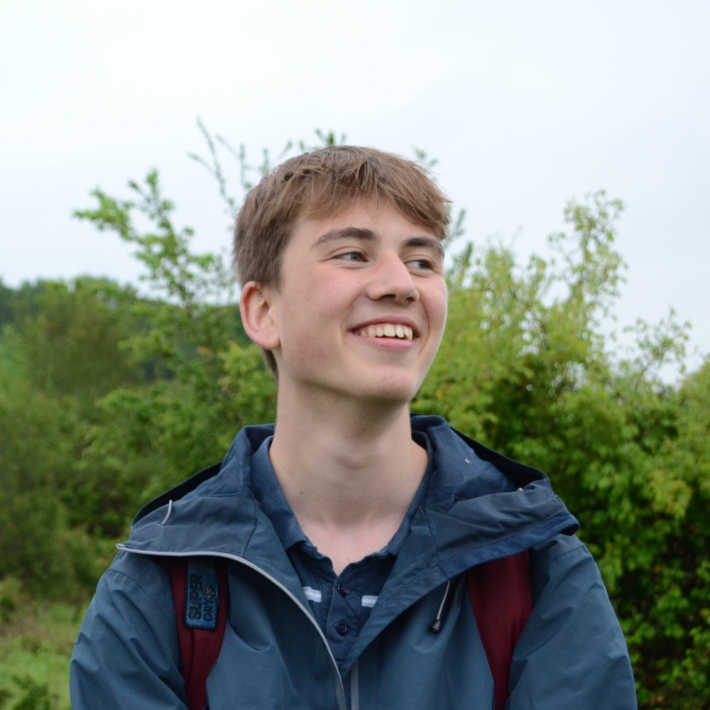
Youth Plenary – Action for Conservation (AFC) is a UK charity working to inspire and support a youth environmental movement that shifts culture, shapes environmental policy and transforms conservation practice nationally. In 2019, AFC launched the Penpont Project, the world’s largest intergenerational nature recovery project of its kind, to reverse devastating ecological breakdown and create a global gold standard for youth-led environmental action and decision-making. Located in the heart of the Brecon Beacons National Park, this groundbreaking initiative is run by a Youth Leadership Group (YLG) of twenty 15-20-year-olds from diverse backgrounds. The YLG, together with farmers, landowners, conservationists, foresters, elders, artists and local people, form a co-management council to collaboratively plan and apply nature-based solutions to a 2,000-acre upland estate. 2022 marked a vital transition in the project as we moved from three years of co-design and visioning to the action phase where young people and the wider community are enacting change on the ground. The Penpont Project is now a living example of trailblazing youth- and community-led nature-based adaptation and recovery as well as an education hub for young people from underrepresented and marginalised backgrounds in the South Wales Valleys, Upper Usk catchment area and further afield.
The Youth Plenary will be delivered by Laura Kravac and Dom McWilliams.
Laura is Head of Programmes at AFC and holds a BSc from the University of Victoria (Canada). She has spent the last decade supporting young people to have a louder voice in environmental decision-making and a greater role in community-led nature restoration and research in both British Columbia and the UK. In 2019, Laura helped launch the Penpont Project.
Dom is a founding member of the Penpont Project’s Youth Leadership Group. Dom sits on the co-management council for the project alongside 15 other young people, the tenant farmers and land owners, where he leads decision-making and practical activities for the project. He is an A-level student and lives in Cambridge.
Culture Heritage and History of Trees
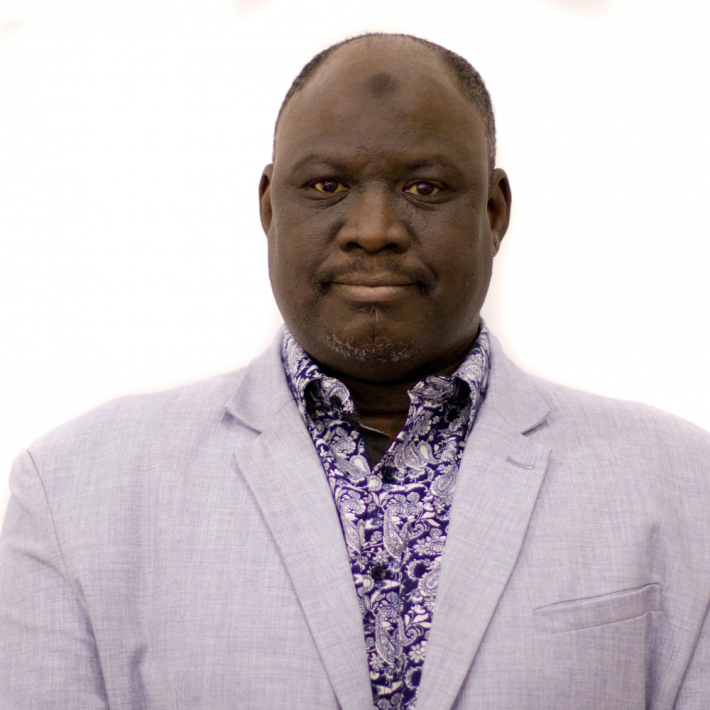
Aliyu Salisu Barau is a Professor in Urban Development and Management at the Department of Urban and Regional Planning, Bayero University Kano (since 2021). He obtained PhD in Urban and Regional Planning from Universiti Teknologi, Malaysia. He served as the Head of Department (2016 – 2020) and in 2023 he was elected as the Dean of the Faculty of Earth and Environmental Sciences. He also chairs Environment and Livelihoods Theme (ELITE) at the Centre of Drylands Agriculture –a World Bank Centre of Excellence. He is a transdisciplinary researcher with keen interest in climate change, landscape ecology, clean energy, socioecological systems, sustainability agenda setting, informally and formally protected ecosystems, special economic zones, inclusive and innovative planning. He contributes to research, policy, and action agenda in Nigeria and globally through engagements with UN Environment, IPCC, Future Earth, IUCN, IPBES, IIED, UNICEF, UN Habitat, etc.
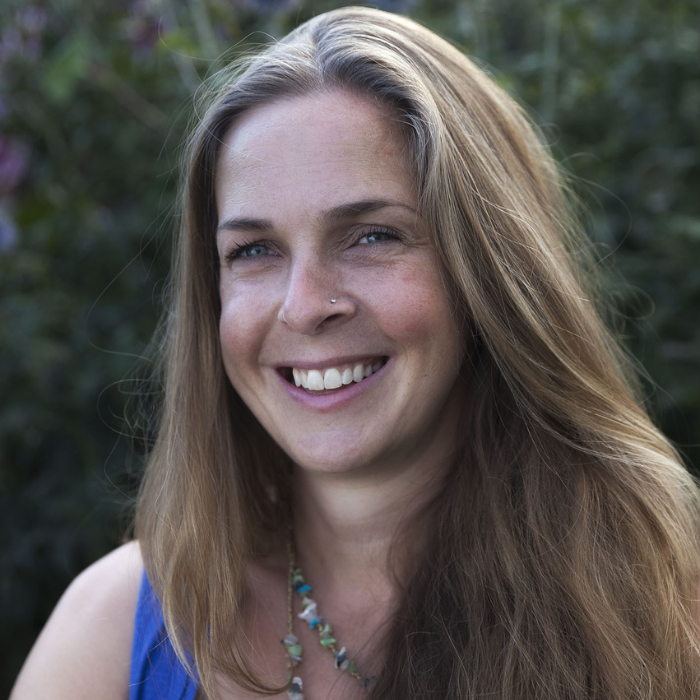
Zoe Davies is Professor in Biodiversity Conservation, based at the Durrell Institute of Conservation and Ecology (DICE), University of Kent. Her research interests cover three main themes: species/community responses to environmental change, human-nature relationships and conservation practice/policy. Over the last two decades, Zoe’s research often crosses traditional disciplinary boundaries incorporating, for example, ecology, geography, psychology, engineering, economics and arts. She is currently finalising a large European Research Council funded project examining how biodiversity underpins human health and wellbeing, which has focused on woodland settings. Given that climate change and nature recovery strategies are likely to impact upon landscapes that are already used by people, she advocates considering these transformations as much from a social science perspective as an ecological one. Outside of academia, she is the Chair of the Board of Trustees for British Trust for Ornithology (BTO) and sits on the Natural England Science Advisory Committee.
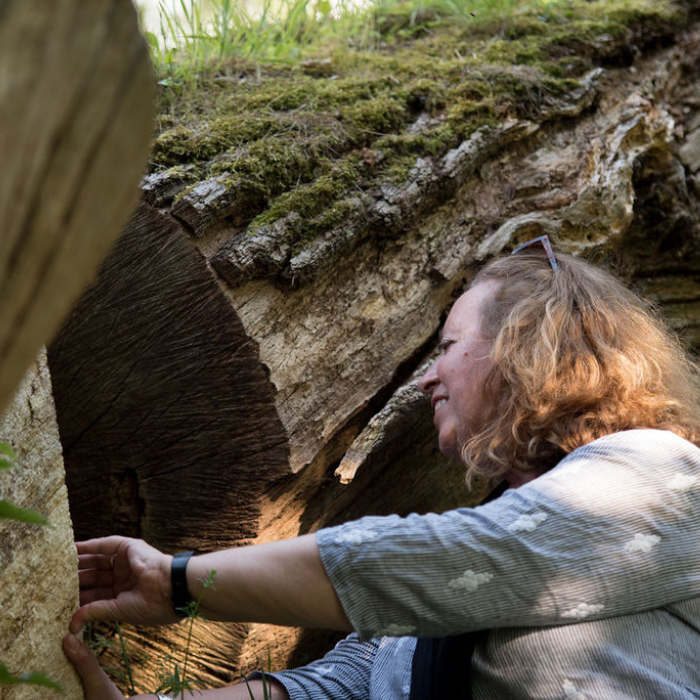
Coralie Mills is a dendrochronologist and woodland heritage specialist working in Scotland since the late 1980s in a career shaped by her degree in Environmental Plant Geography, master’s in Environmental Archaeology and PhD in the dendrochronology of Exeter Cathedral and environs. Coralie set up her specialist consultancy ‘Dendrochronicle’ in 2009, focussing upon the intersection between wooded landscapes, historic trees or timbers and people in the past. While many projects have built heritage objectives, Dendrochronicle is increasingly working on landscape-scale projects with woodland restoration aims. Bodies commissioning such studies recognise that adopting a longer perspective can inform ecological restoration and is a means of re-connecting people to much altered or depopulated places. Coralie is an Honorary Research Fellow at the University of St Andrews, Honorary Fellow of Scottish Environment LINK, Member of the Chartered Institute for Archaeologists, Fellow of the Society of Antiquaries of Scotland and serves on the Native Woodlands Discussion Group committee.
Tree Health
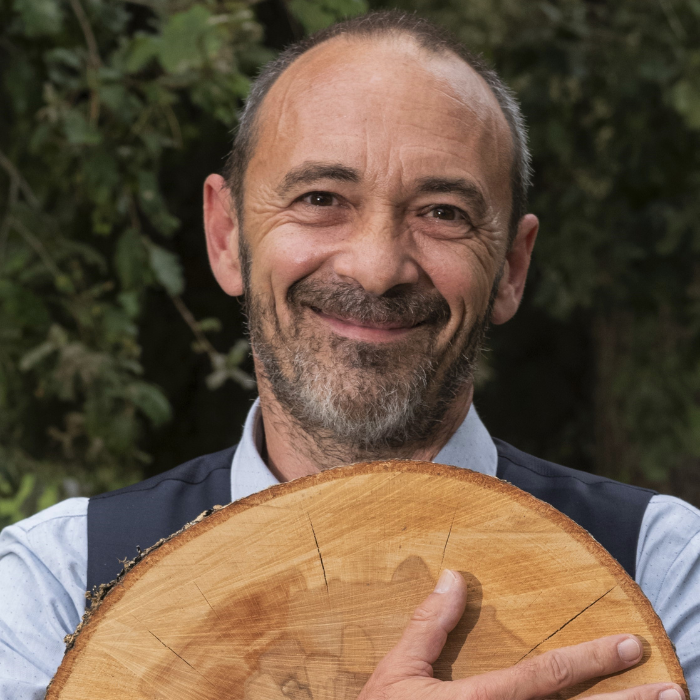
Lucio Montecchio is a Full Professor at the University of Padua, where he teaches Forest pathology, Amenity trees pathology, Health and well-being of ornamental trees. His main research topics are related to Quarantine and related legislation, pest Risk Analysis, epidemiology, diagnostics and low impact trunk injection. Lucio is the author of numerous scientific and technical publications and is a consultant to prestigious national and international institutions (Botanical Gardens, Italian Ministry of Agriculture, Food and Forestry, FAO, EU, EPPO). He deals with environmental communication by participating in national and international television and radio broadcasts. The Financial Times called him “The man who saves the trees”. Lucio is a Fellow member of the Arboricultural Association and the author of the blog AlberiEsperti (Clever trees) and of two tales collections on environmental issues: Germogli (Sprouts) and Pane e Noci (Bread and Nuts).
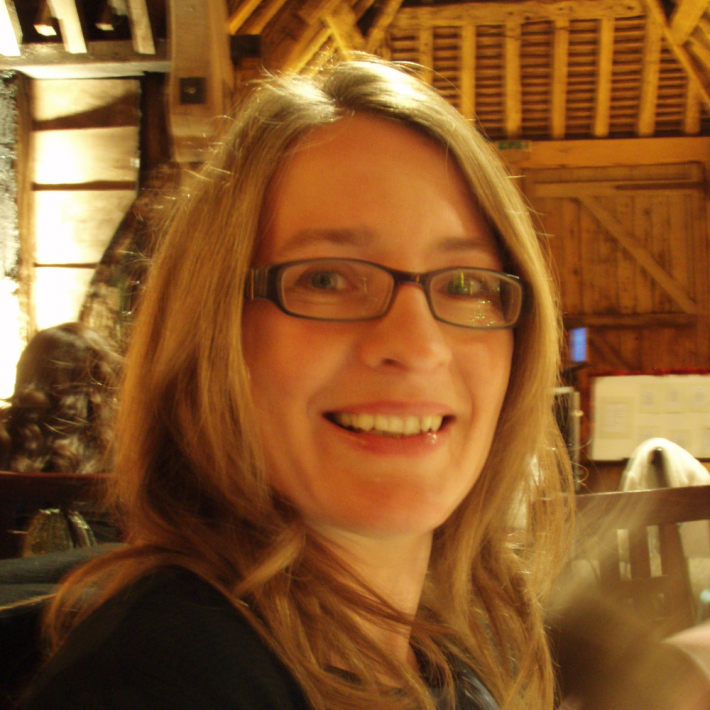
Dr Julie Urquhart is an Associate Professor in Environmental Social Science at the Countryside and Community Research Institute (CCRI) at the University of Gloucestershire. Julie has over 15 years’ experience in social science and environmental humanities research relating to trees, forests and woodlands, with work that spans the social and cultural values of trees, landowner behaviours in relation to woodland creation and management and the social dimensions of tree health and biosecurity. She is also Ambassador of the NERC, ESRC & AHRC funded Future of UK Treescapes Programme, a £15M programme of research running for four years from 2020. Much of Julie’s work has an applied policy focus, and she has worked closely with Defra and Forest Research over many years and sits on Defra’s Trees and Woodlands Scientific Advisory Group and the Forestry Commission’s Expert Committee on Forest Science.
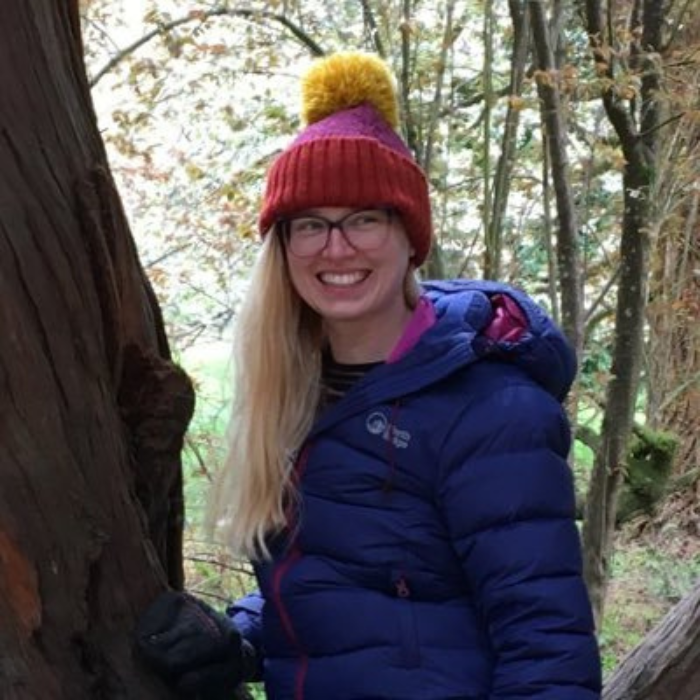
Rebecca Gosling is a tree health scientist at the Woodland Trust, responsible for providing evidence and advice for policy advocacy and site management. She has a degree in Biology and master’s in Biodiversity Conservation. Rebecca is also partner lead and volunteer manager for the citizen science project Observatree. Rebecca combines her 8 years’ experience in communication and engagement with her educational background to engage volunteers acting as a tree health early warning system and to generate outputs from the data.
30 x 30 and Landscape restoration
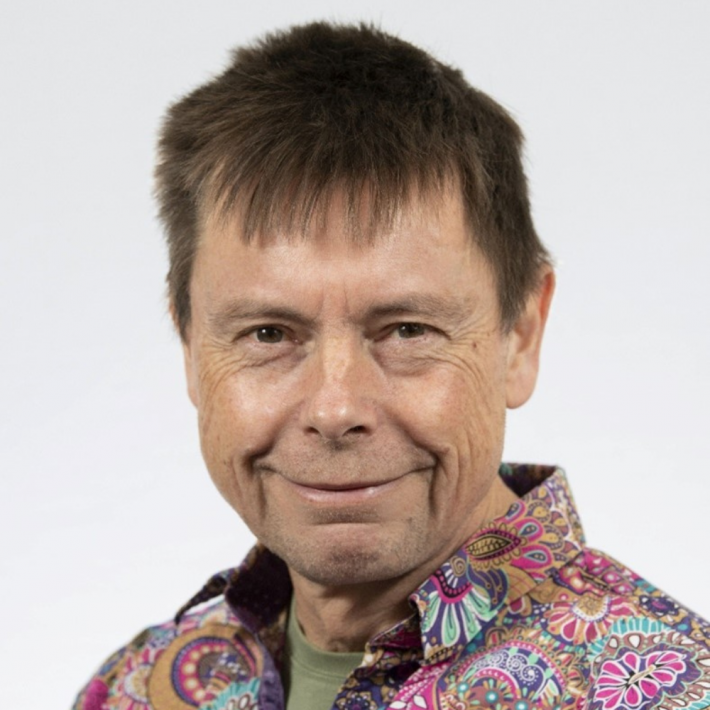
Nick Hanley is professor of environmental and one health economics in the School of Biodiversity, One Health and Veterinary Medicine at the University of Glasgow. Previously he held chairs at the universities of St Andrews, Stirling and Edinburgh. He is a member of DEFRA’s Science Advisory Council. His main research interests are the economics of biodiversity, the design of economic incentives, stated preference methods, one health economics and the economics of sustainable development.
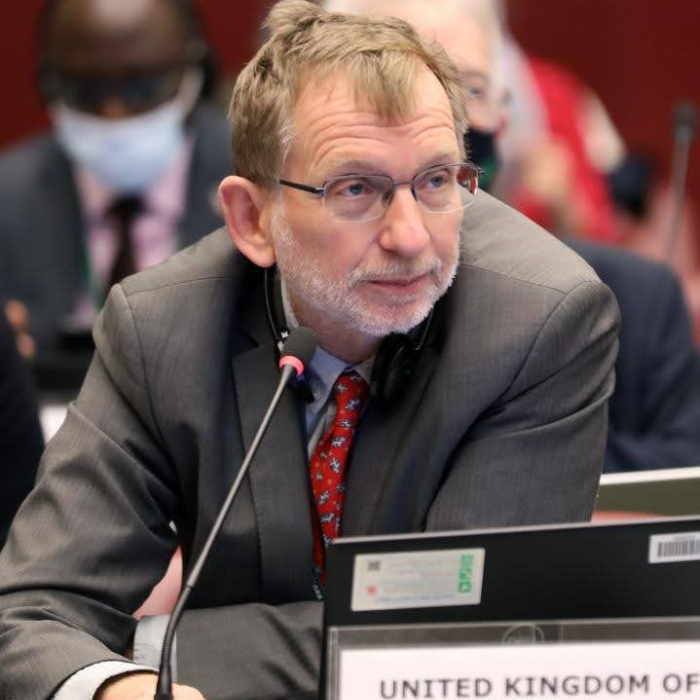
Andy Stott has been a science adviser in Defra for 30 years (recently retired) providing advice for policy development on biodiversity, nature recovery, land use, climate change, environmental statistics and assessments covering both domestic and international domains. He was a lead negotiator for the UK at COP15 – the UN Biodiversity Summit in Montreal – leading on the conservation targets for the new Global Biodiversity Framework and co-chair of the contact group which negotiated its monitoring and review mechanisms. Andy was the National Focal Point for the Intergovernmental Science-Policy Platform for Biodiversity and Ecosystem Services (IPBES) and on the domestic side, led the evidence review and development of the outcome indicator framework for the 25 Year Environment Plan in England. Andy sees his work as having been about hardwiring science into policy making. A geographer by background, he has a long apprenticeship in applied ecology.
Please note that these speakers are subject to change.
Like what we stand for?
Support our mission and help develop the next generation of ecologists by donating to the British Ecological Society.